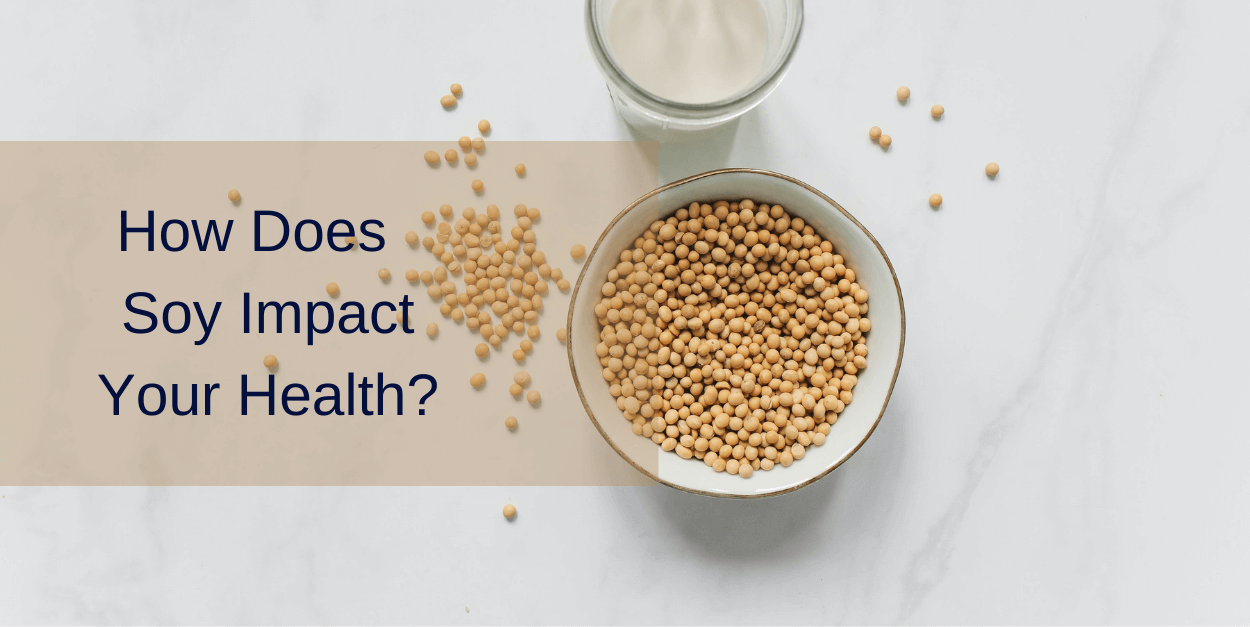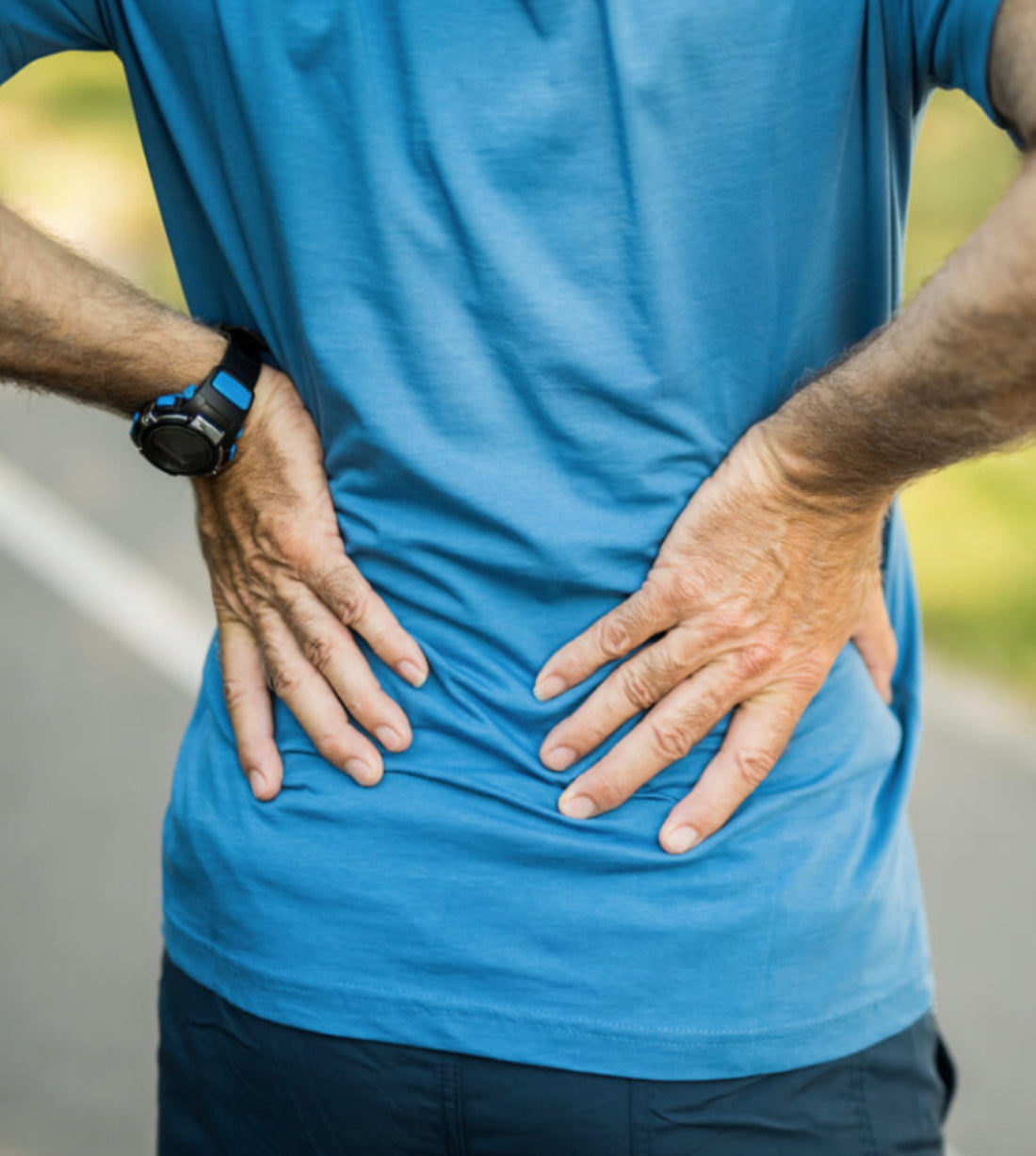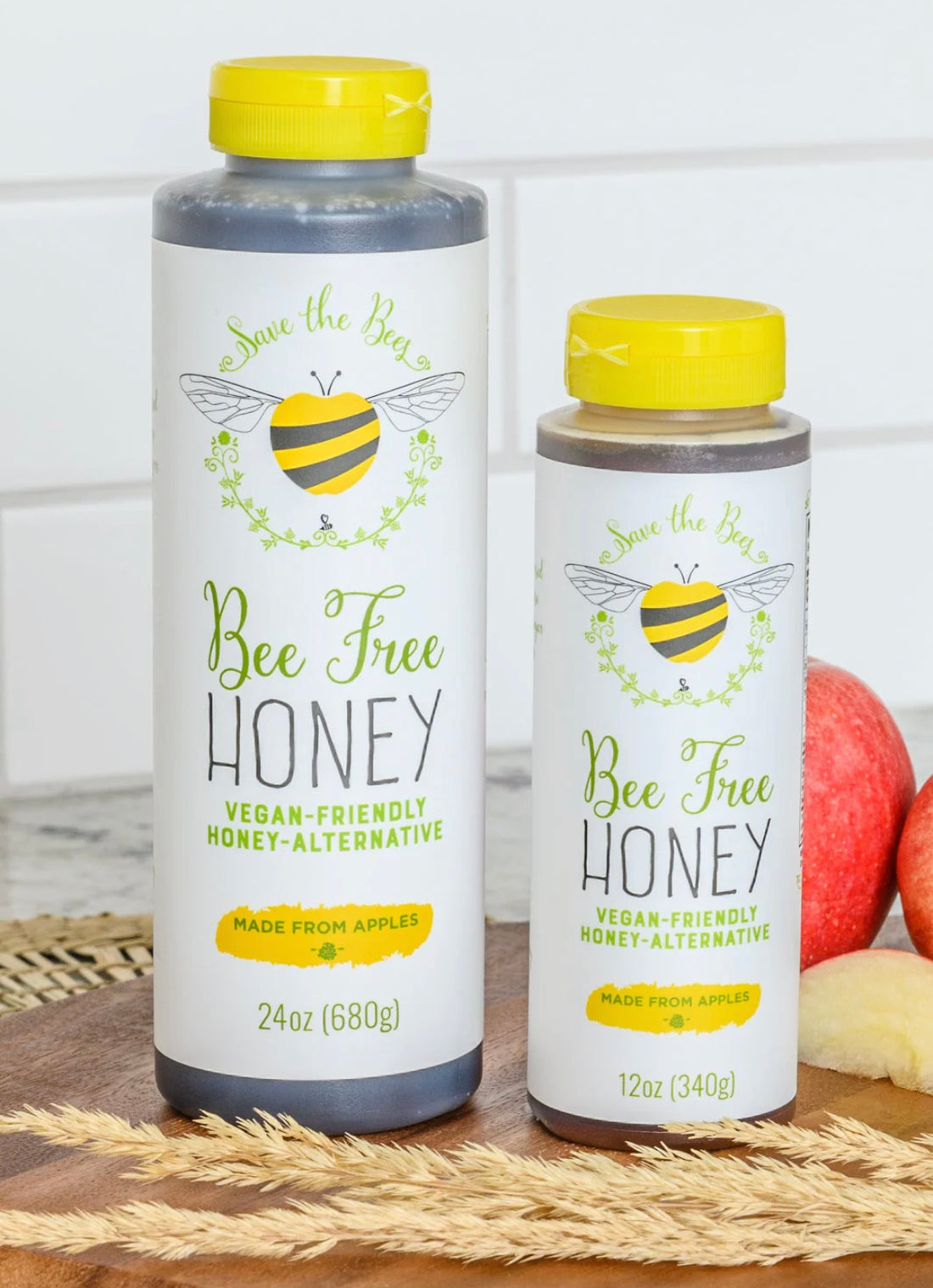How Does Non-GMO Soy Impact Your Health?

When it comes to plant-based nutrition, soy is arguably one of the most controversial topics in the health and wellness space.
With so much information (and misinformation) about soy products available at our fingertips online, you may be wondering whether or not soy products are truly safe enough to consume on a regular basis and the role they play in your overall health.
THE SCIENCE ON SOY
Soy (and foods derived from soy) are rich in protein, B vitamins, potassium, magnesium, and satiating fiber that support weight loss, healthy energy levels, and muscle development - all while combating various diseases. Soy is a rich, organic source of high-quality protein that contains a complete amino acid profile while offering a great alternative to meat - with all your favorite tastes and textures.

How Healthy Is It, Really
"Soy is a unique food that is widely studied for its estrogenic and anti-estrogenic effects on the body. Studies may seem to present conflicting conclusions about soy, but this is largely due to the wide variation in how soy is studied. Results of recent population studies suggest that soy has either a beneficial or neutral effect on various health conditions. Soy is a nutrient-dense source of protein that can safely be consumed several times a week, and is likely to provide health benefits — especially when eaten as an alternative to red and processed meat."
— harvard.edu
So, what’s the concern? While soy is undoubtedly packed with protein and other essential nutrients, the debate continues throughout the health and wellness community about its potential negative impact on hormones, the thyroid, or link to various diseases.
Let’s debunk the facts and myths about how soy protein impacts individual health.
MYTH 1: Soy Isn’t Safe to Consume on a Regular Basis
The bottom line is this: yes, you can eat soy on a daily basis - and feel good about it when incorporating a variety of unprocessed foods and striving for balance in your diet.
MYTH 2: Soy Protein Isn’t Effective for Athletes
One study found that athletes who consumed soy derived isoflavones experienced greater antioxidant defenses against the rigors of exercise on the body. Consuming antioxidants from whole food sources such as soy, as opposed to pills, is always ideal.
"From protein to fiber to vitamins, soy has a little bit of everything to help meet the nutritional needs of runners, says Lauren Antonucci, a board-certified sports dietitian based in New York. “In all the hoopla surrounding soy, it’s important to remember that it’s a legume, which is one of nature’s healthiest types of foods."
MYTH 3: Soy Causes Breast Cancer and Feminization in Men
Soy beans and soy products are the richest source of isoflavones in the human diet. What does this mean for hormone health? While they are isoflavones are capable of producing estrogen like effects, consumers need not worry.
"According to Marji McCullough, ScD, RD, strategic director of nutritional epidemiology for the American Cancer Society, epidemiologic studies that followed large populations of healthy women for many years either have shown no association between soy and breast cancer or a protective association from eating soy. Even breast cancer survivors may not need to worry. Three studies looking at women’s eating habits and other lifestyle factors after breast cancer found that, in the combined total of 9,000 breast cancer survivors studied, eating soy actually lowered the risk of breast cancer recurrence."
The Difference In Non-GMO Soy
The Takeaway
Soy is an incredible source of many vitamins and nutrients essential to our health and well-being. Some of the science-backed benefits of soy include:
- A natural source of polyphenols
- Rich in isoflavones
- Rich in protein, fiber, vitamins, minerals, and antioxidants
- Lowers cholesterol levels
- Protects heart health
- Lowers blood pressure
- Lowers blood sugar
- Improves fertility
- Improves bone health

Want to learn more? Here’s what we’re listening to on the health benefits of soy protein from internationally recognized soy expert, Mark Messina, PhD
Dr. Mark Messina is an internationally recognized expert on the health effects of soy. He has appeared on CNN and is regularly quoted by the media in publications including the New York Times, Newsweek and USA Today. Dr. Messina has presented to both consumer and professional audiences in 44 countries on topics including soy and cancer risk, heart health, menopause and men’s health.
Questions or concerns about our products? We want to hear from you! Connect with us Here.






